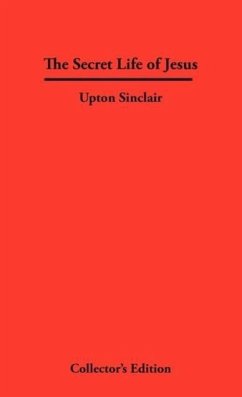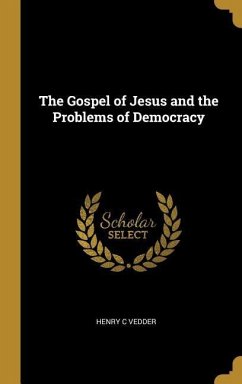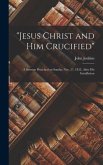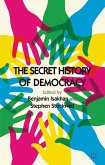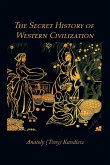This book openws your eyes to Jesus walking again from the lilies of Galilee to the thorn of Golgotha. Dr. Reinhold Niebur, famed theologian, has said of this novel: "While unorthodox, it is thoroughly reverent. Some orthodox Christians might not agree with the viewpoint of Upton Sinclair who seeks to appreciate the historical, the human Jesus,but even the most devout could not take offense." Dr. Carl Jung, wrote to Upton Sinclair, "You have certainly succeeded in presenting an acceptable picture.....should you venture to say that it is even a likely portrait of such a presumably unique charachter of high literary quality. Again, Sinclair mixes religion and politics in a unique American way. A Collector's Edition.
Bitte wählen Sie Ihr Anliegen aus.
Rechnungen
Retourenschein anfordern
Bestellstatus
Storno

